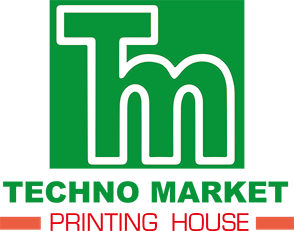Making investments in the development and implementation of technology for audit can be an expensive endeavor. That’s why a comprehensive understanding of the scale of this process is essential for decision-makers.
Experts suggest that the design and implementation of audit technology requires lots of time and money as well as human resources. It also requires a thorough identification of goals and objectives that must be accomplished. Implementation of audit technology is a complicated process that requires constant communication between teams as well as an in-depth understanding of risks that could arise at any time during the development process.
This is especially important if the project is to improve data organization and audit efficiency. One KPMG senior manager found that a firm with multiple entities could cut down on hundreds of testing time by using automated tools.
Auditors are also able to conduct audits remotely and even virtually. This technology allows for greater efficiency, lowers travel costs and time spent in meetings with clients and enables https://data-audit.net/2021/10/25/best-virtual-data-room-for-best-performance auditors to use more sophisticated tools like analytics.
Samantha Bowling, CPA and CGMA at Upper Marlboro Garbelman Winslow CPAs in Maryland she says that incorporating new techniques into audits isn’t something that can be completed in a matter of hours. Her firm has implemented artificial Intelligence (AI) to identify high-risk transactions. This technology has enabled her to create audits that are tailored to specific risks, and also eliminate the need for samples.
